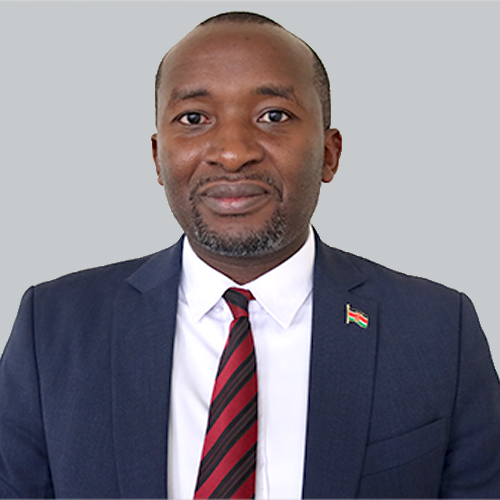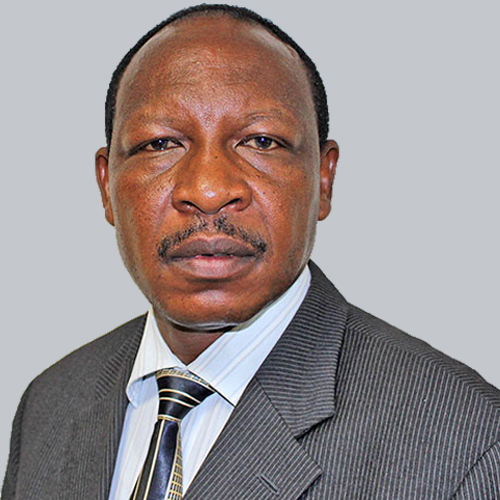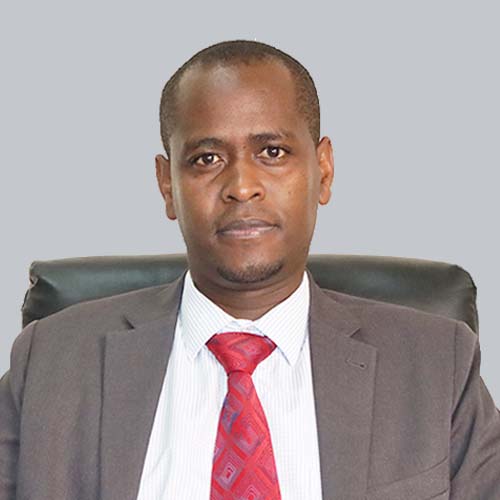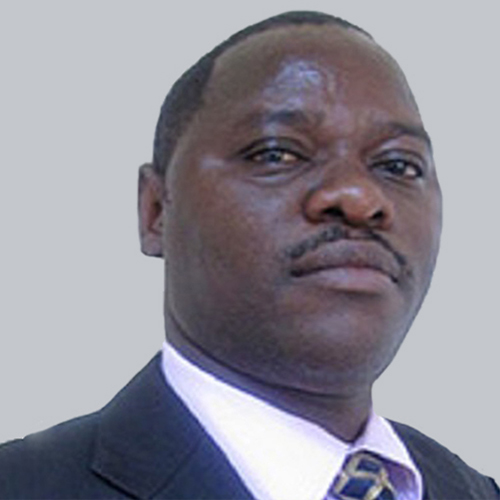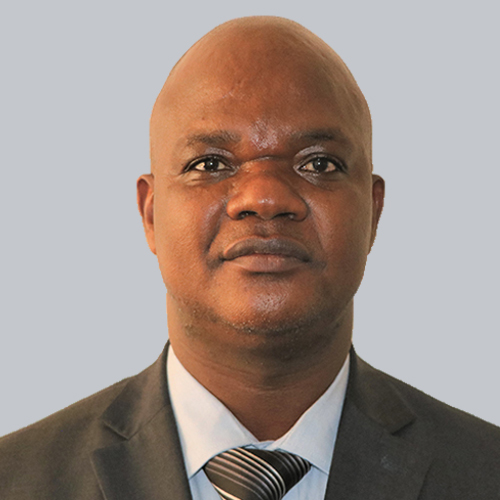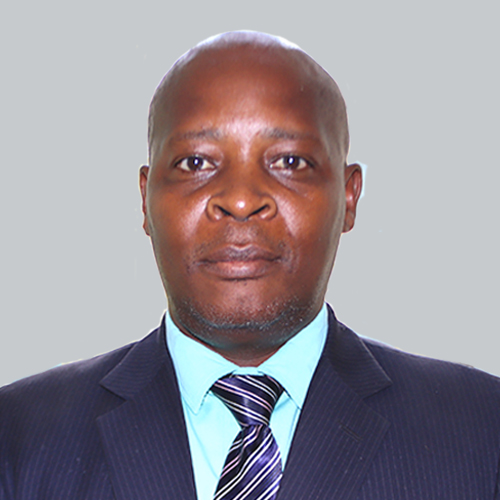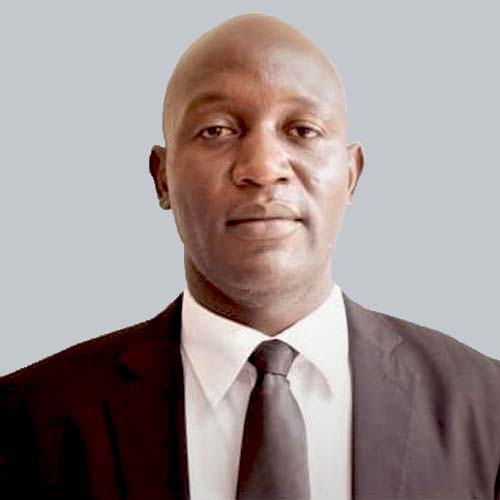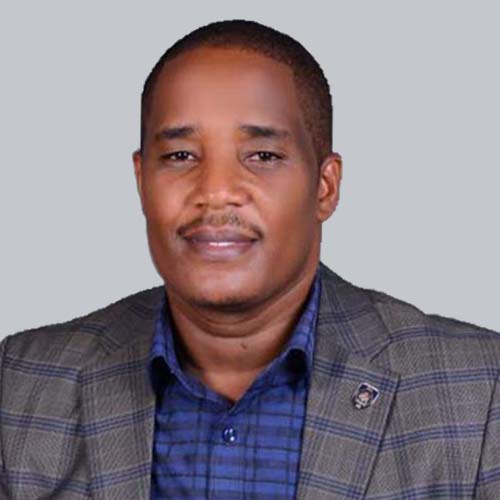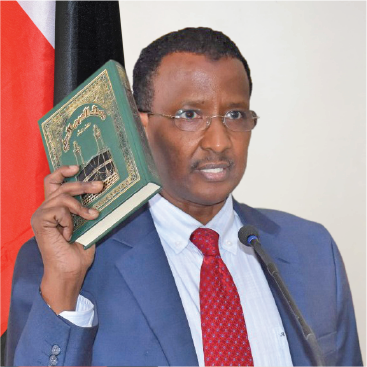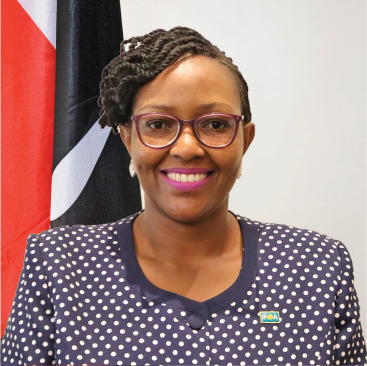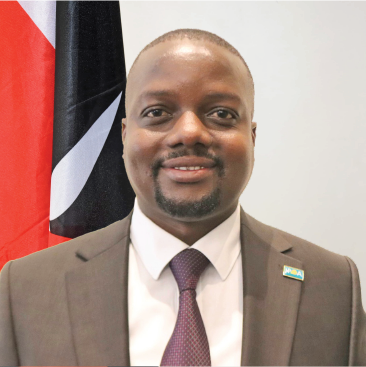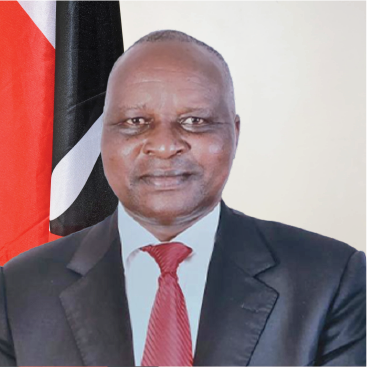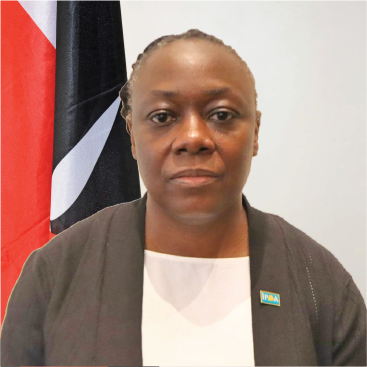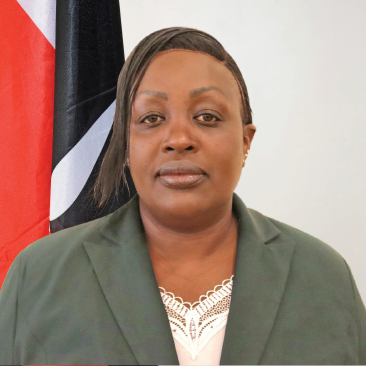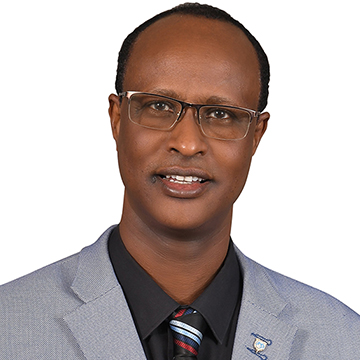WHO WE ARE
The Independent Policing Oversight Authority was established through an Act of Parliament published in November 2011 to provide for civilian oversight over the work of the police in Kenya. Article 244 of the constitution requires the police to strive for the highest levels of discipline and professionalism, promote and practice, transparency and accountability in execution of their duties. IPOA holds them accountable to this standard. The inaugural Board was sworn into office in June 2012.
THE IPOA ACT MANDATES THE AUTHORITY TO UNDERTAKE THE FOLLOWING KEY FUNCTIONS
1.) To investigate deaths and serious injuries caused by police action
Deaths and serious injuries arising from police action are investigated by IPOA and disciplinary action or prosecution recommended. This is aimed at preventing impunity and enhancing accountability within the National Police Service.
2.) To investigate police misconduct
The Authority receives complaints from members of the public on police misconduct and undertakes independent investigations. The Authority also receives complaints from police officers against fellow officers. IPOA can initiate investigations on its own motion and may refer cases to appropriate bodies including seeking the court’s intervention to have its recommendations implemented.
3.) To monitor, review and audit investigations and actions by Internal Affairs Unit of the police
IPOA oversees the work of the Internal Affairs Unit (IAU) of the police to independently verify that the internal police system deals with complaints against officers fairly and effectively. The Authority can take over investigations if not satisfied with IAU’s intervention.
4.) To conduct inspections of police premises
This seeks to ensure that police premises meet basic predefined standards and that treatment of suspects and detainees is in line with the principles laid down in the Constitution. Police premises include police stations and police posts, detention facilities and officers’ residential areas. Inspection reports are prepared and shared with the relevant Authorities.
5.) To monitor and investigate policing operations and deployment
The Authority independently scrutinises policing operations affecting members of the public to ensure policing is conducted for the benefit of the people of Kenya. Where excessive use of force and abuse of power is detected, independent investigations and remedial action is recommended.





